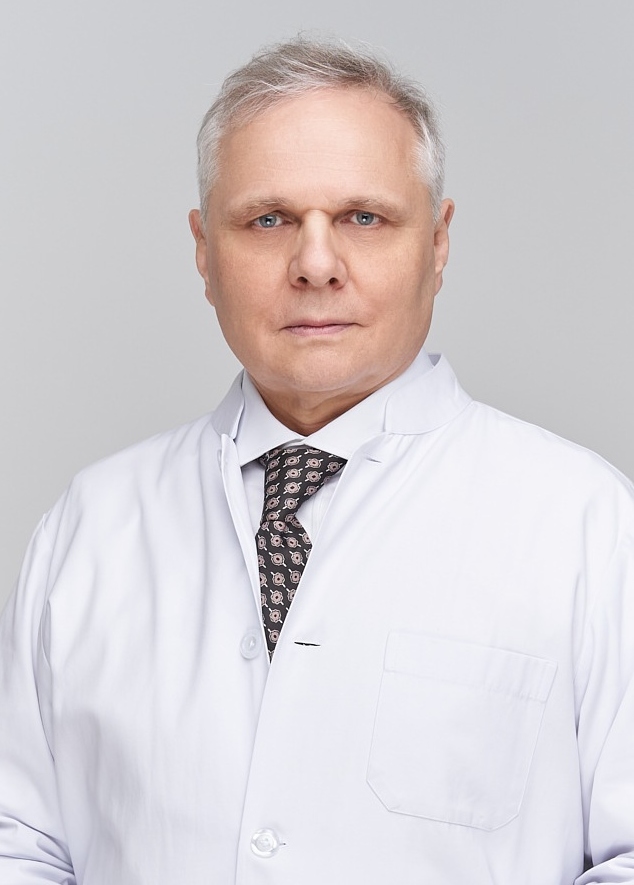
At CHMC, the German Psychiatric Clinic in Dubai, we diagnose the different types of ADHD based on the DSM-5 classification system, developed by the American Psychiatric Association (APA).
The core features of ADHD—inattention, hyperactivity, and impulsivity—do not always appear in the same way or with the same intensity. For this reason, the DSM-5 distinguishes three main types of ADHD: predominantly inattentive, predominantly hyperactive-impulsive, and combined types.
It is also common for symptoms to change over time. In early childhood, hyperactivity and impulsivity often dominate. As the individual grows, particularly during adolescence, inattentive symptoms may become more prominent, while hyperactivity tends to decrease.
Another important factor in treatment is the severity of ADHD. In milder cases, not all three symptom areas are equally pronounced, and difficulties may not appear in every aspect of life. In more severe cases, symptoms are stronger, more widespread, and have a greater impact on school, work, and social relationships.
For ADHD Treatment in Dubai Make an Appointment with Our Leading Psychiatrist Dr.Kowal
Call CHMCInattentive ADHD Type
In ADHD with predominantly inattentive presentation, individuals often fail to give close attention to details or make careless mistakes. They struggle to sustain attention, do not appear to listen, and have difficulty following instructions. Additionally, they face challenges with organization, avoid or dislike tasks requiring sustained mental effort, and tend to lose things easily. Moreover, they are easily distracted and forgetful in daily activities.
ADHD with Hyperactive-Impulsive Type
ADHD individuals with hyperactive-impulsive presentation, frequently fidget with hands or feet, squirm in chairs, and have difficulty remaining seated. They engage in excessive running or climbing, which manifests as extreme restlessness in adults. Moreover, they struggle to engage in activities quietly and act as if automatically driven. Adults with this presentation often feel internally “driven by a motor”. They also tend to talk excessively, blurt out answers, and have difficulty waiting or taking turns. Additionally, they may interrupt or intrude upon others.
ADHD with Combined Type
The Combined type involves meeting the criteria for both inattention and hyperactive-impulsive types.
Children and adolescents with this form of ADHD exhibit characteristics in all three areas, including pronounced hyperactivity, strong impulsivity, and marked inattention. To receive a diagnosis, these symptoms must start before age 12, be present in multiple settings, and interfere with functioning at home, school or work, and social settings. Moreover, they cannot be better explained by another disorder.
ADHD in Partial Remission
If symptoms decrease in adolescence or adulthood to the point where they are no longer sufficiently present for a diagnosis, according to DSM-5, it is possible to add the term “in partial remission” for adolescents and adults.
Residual Type of ADHD
In the residual type of ADHD, not all symptoms that were present during childhood, are fully expressed but they still persist. However, in adolescence, hyperactivity and partly impulsivity often decrease, while attention deficits (inattention) remain.
Specifying ADHD Severity
Not every individual with ADHD experiences the disorder in the same way. For some, symptoms are mild and cause only occasional difficulties, while for others they can be severe and highly disruptive to daily life. To provide appropriate treatment, psychiatrists aslo classify ADHD into different severity levels: mild, moderate, and severe.
Mild ADHD
In mild cases, symptoms are present but cause only limited impairment. For example, a child may be somewhat inattentive in class or an adult may struggle with organization, yet both can still meet most daily expectations with effort. These individuals often compensate through intelligence, strong memory, or supportive environments. While the challenges are noticeable, they do not consistently disrupt school, work, or relationships. Early recognition of mild ADHD is important, as treatment can prevent difficulties from escalating later in life.
Moderate ADHD
When ADHD is moderate, symptoms are more persistent and harder to manage. At this level, problems with concentration, restlessness, or impulsivity regularly interfere with performance at school, work, or in personal life. An adolescent may frequently forget assignments, or an adult may miss deadlines and experience strained relationships due to impulsive behavior. These difficulties are not occasional but occur often enough to create distress or conflict. Treatment usually requires a combination of psychotherapy and medication to help stabilize functioning.
Severe ADHD
Severe ADHD is characterized by a high number of symptoms, strong intensity, and a significant impact on daily life. Children with severe ADHD often struggle to stay seated in class, complete basic tasks, or maintain friendships. Adults may find it nearly impossible to keep a job, manage finances, or sustain relationships due to overwhelming inattention and impulsivity. Coexisting problems such as anxiety, depression, or learning difficulties are more common at this level. Comprehensive treatment, often involving medication, psychotherapy, and family support, is usually necessary to manage severe ADHD effectively.
If you’re concerned about your mental health condition, feel free to contact us on WhatsApp


